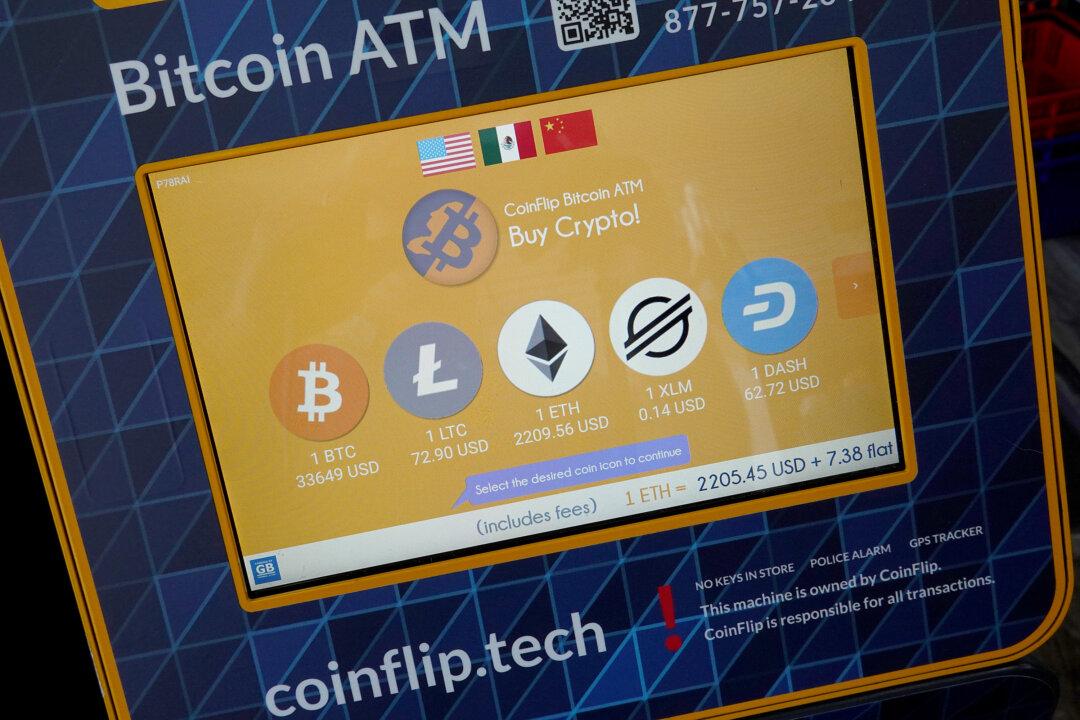The United States Department of Justice has announced the seizure of over $1 billion in stolen bitcoin.
The DOJ announced on Nov. 7, that it had earlier seized the stolen bitcoin on Nov. 9 2021, after an unannounced IRS raid on the Gainesville, Ga. home of James Zhong, a 32-year-old investor.





